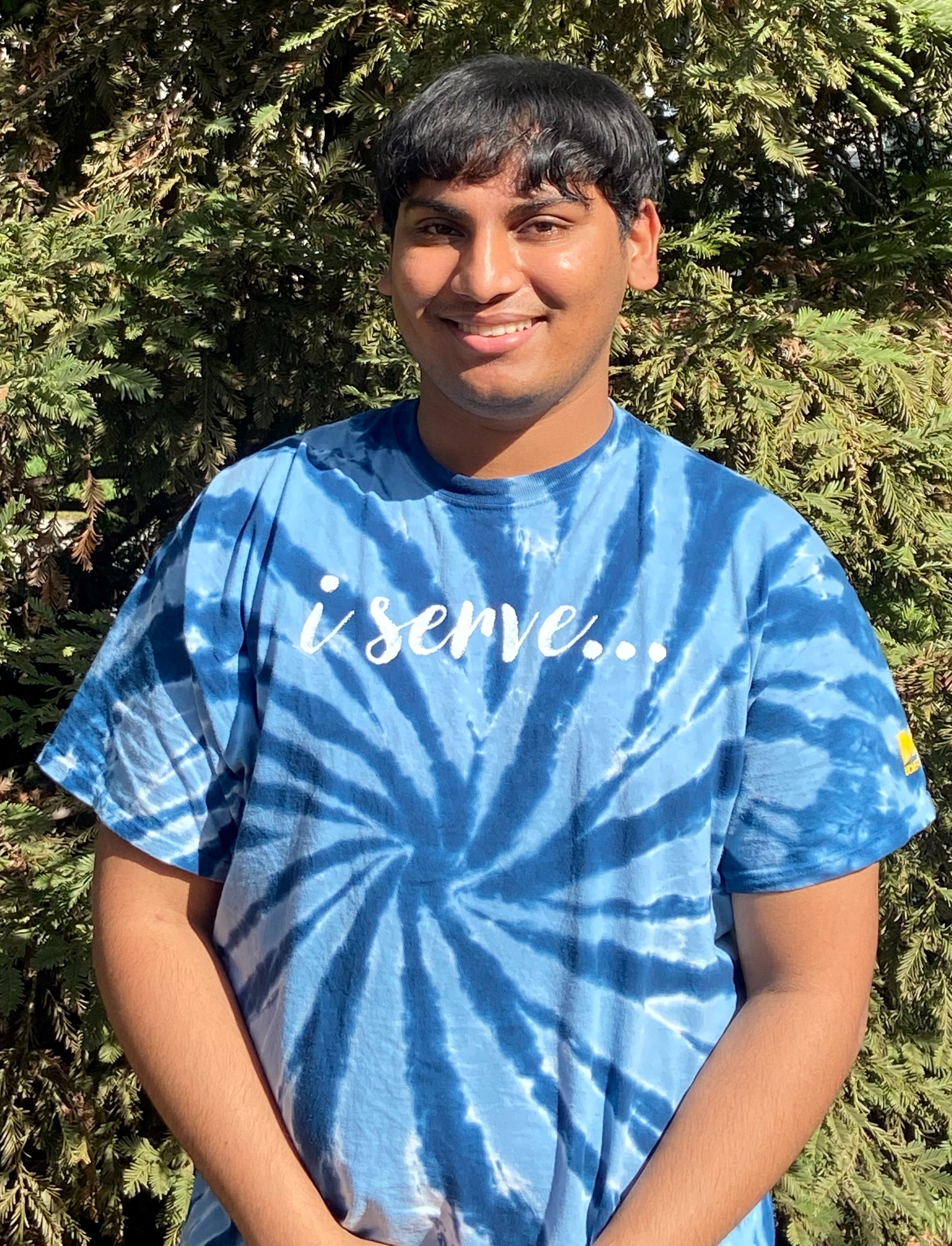Community Engagement Center: November Newsletter
An Interview with Justin Naidu
 |
Justin Naidu is a Sociology & Public Health Student at UC Merced. He is also an Undergraduate Researcher at the Polonijo Lab and Wiebe Lab, a Tobacco Endgame Intern at the Nicotine and Cannabis Policy Center, and the Outreach Officer for the student organization Public Health Society. Throughout his time at UC Merced, Justin has been an active volunteer with the Community Engagement Center and has shared his insights below. |
What does community engagement mean to you?
I believe that the purpose of community engagement is to achieve social and health equity and to make a positive difference by addressing the needs of the community. Collaboration is a key component of community engagement. Community engagement is a two-way exchange of knowledge that incorporates the perspectives of the community members as well as the institution.
What were the volunteer opportunities that got you interested in community service work?
Through the Community Engagement Center, I took part in the Fahrens Park Clean-Up as one of my first volunteer activities. The process of participating in the restoration of Merced's environment felt simple and enjoyable. In addition to the clean up, I assisted the local girl scout troop in Merced with painting the park benches. I had the opportunity to meet new people and engage with the residents of Merced (outside of the University), which made this experience feel unique to me.
You were recently publish in the Stanford Health Policy webpage. Can you elaborate on your experience in the program and what you learnt during your time in Palo Alto?
I was selected as one of nine from an applicant pool of 600 to take part in the Stanford Advancing Health Equity and Diversity (AHEaD) Research Program. The AHEaD program offers college students from underrepresented backgrounds guidance and research experience in population health research. The AHEaD program provided training in R programming, statistical analysis, research design, and community engagement approaches. These courses were taught by Stanford's wonderful public health faculty members. In addition to the curriculum, I contributed to a study that examined the key facilitators and barriers to cancer care among Latinx communities of the Bay Area during the COVID-19 pandemic. I examined survey data about Latinx community's perceptions towards receiving cancer care via telehealth. I learned that the survey's findings were not really numbers. The statistics certainly represent the community of Latinx community's experience and observation. I walked away from this experience with a stronger appreciation of the importance of narrative in quantitative research.
Which volunteer opportunity would you say had the most impact on you as an individual passionate about community engagement?
The volunteer experience I had at the Merced Flea and Farmer’s Market Vaccine Clinic last year, in my opinion, had the greatest influence on my passion for community engagement. I was given the responsibility of observing patients in a waiting area for 15 minutes following their COVID-19 vaccination. I had my first encounters with the "Promotores," or community health workers, in Merced owing to my volunteer experience at the clinic. I must say that the Promotores were honestly some of the nicest individuals I have ever met as they easily welcomed me and the other volunteers. When the Promotores helped the patients who were getting vaccinated or who were apprehensive about getting vaccinated, I saw how committed they were to serving their community. They were committed to addressing myths regarding the COVID-19 vaccine that circulated misleading information in their community.
What advice would you give to individuals who want to get more involved in community engagement and what words of encouragement would you like to pass across?
For students at UC Merced who wish to become more involved in community engagement, my best piece of advice is to absolutely keep an eye out for opportunities shared by the CEC. Every semester, they have a ton of different possibilities for you to get involved with! Community Research & Service (CRS) is a minor offered by UC Merced that gives students meaningful opportunities to learn about the collaboration between academia and communities. I gained a great deal of knowledge about community-engaged research while minoring in this. Finally, I'd like to recommend students to keep an open mind while working on community-engaged initiatives. You might be surprised by how many things you and the community you're working with have in common!

